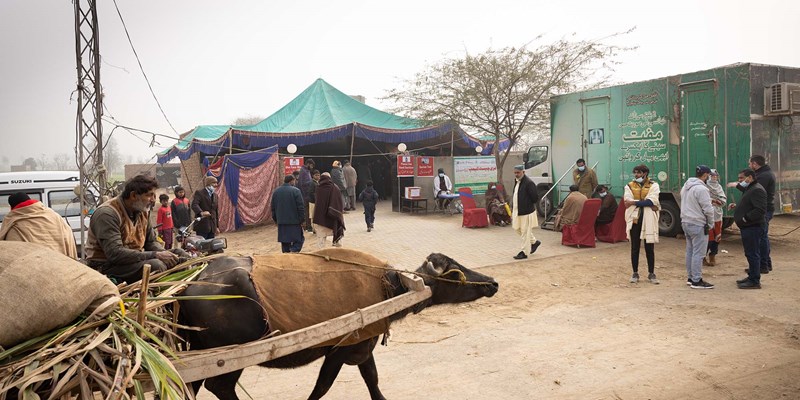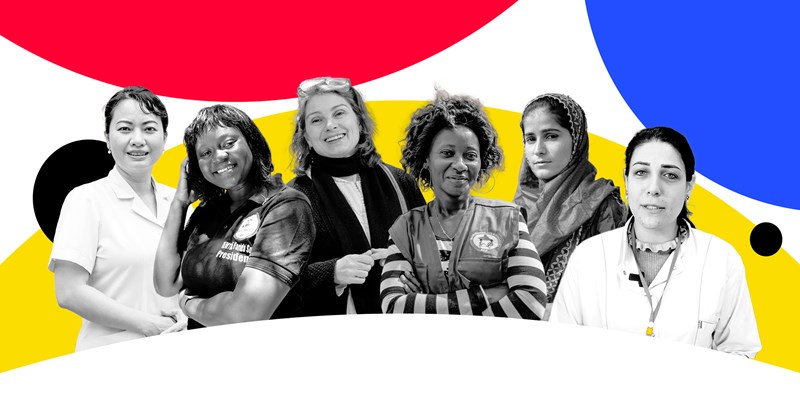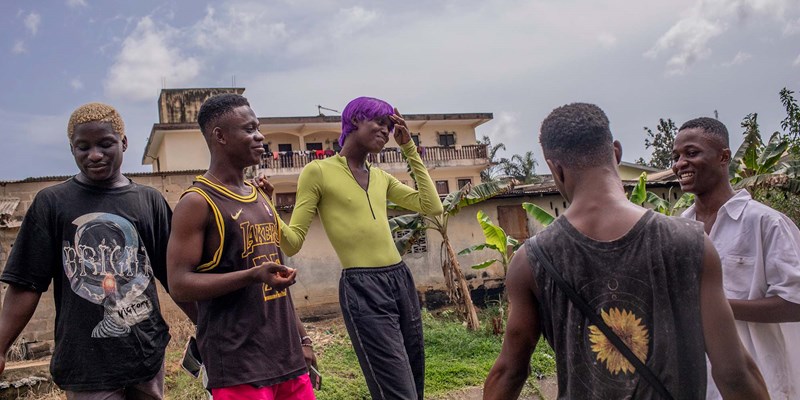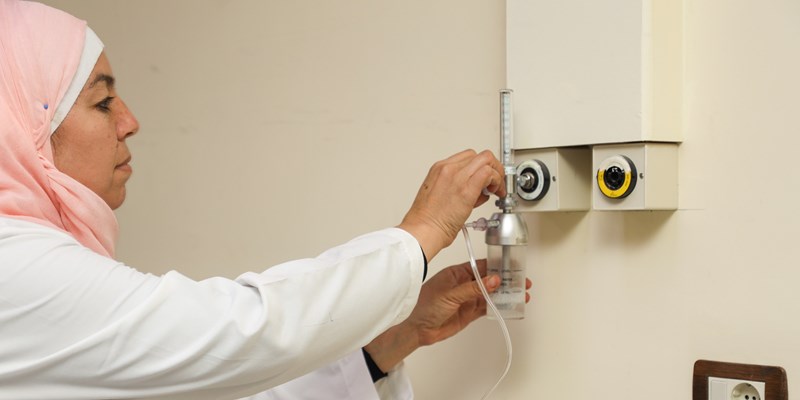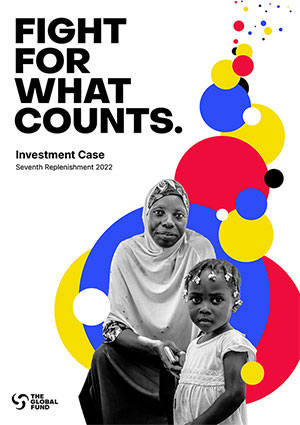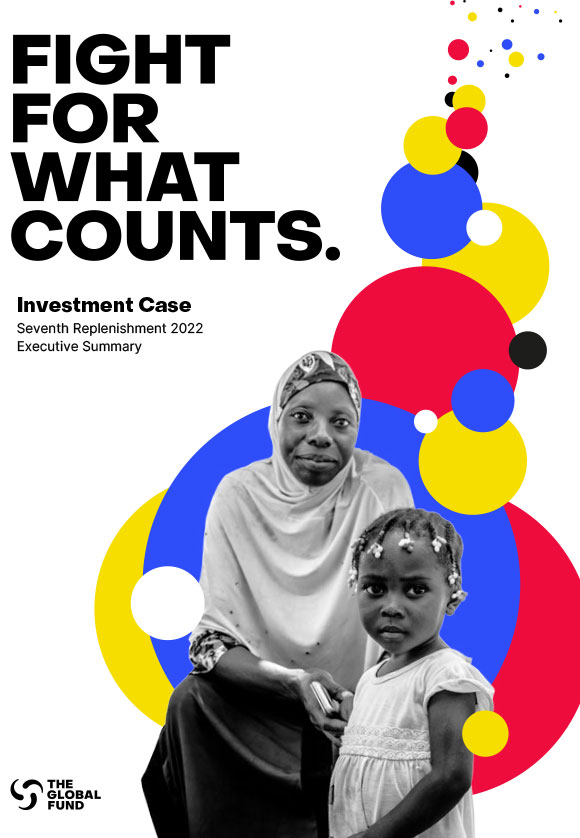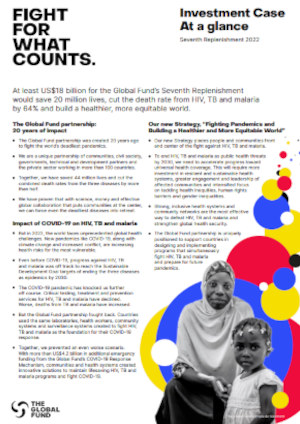President of Nigeria Joins Global Fund Efforts to Broaden Fight Against HIV, TB and Malaria
23 April 2013
ABUJA - Nigeria's President, Goodluck Jonathan, agreed to help lead the Global Fund's efforts to raise funds this year, a critical role in the partnership to fight AIDS, tuberculosis and malaria all over the world.
President Jonathan met with Mark Dybul, Executive Director of the Global Fund, on Monday to discuss joint efforts to control these deadly infectious diseases in Africa's most populous nation and globally.
Dr. Dybul praised President Jonathan's effective leadership and personal commitment to expanding health services, embodied by Nigeria's "Save One Million Lives" initiative that is aiming to dramatically increase access to basic quality health services, particularly for women and children.
President Jonathan accepted an invitation be a Co-Chair in this year's replenishment efforts by the Global Fund. Other Co-Chairs include UN Secretary-General Ban Ki-moon and heads of state from developed countries, emerging economies and the private sector.
"Working together, we can make tremendous gains, said Dr. Dybul. "With the existing science, our understanding of the epidemiology and our collective experience in combating the diseases, we now have an opportunity to control them. If we do not, the long-term costs will be incalculable.
During his first visit to Nigeria as Executive Director of the Global Fund, Dr. Dybul also met with the Minister of Health, Prof. Chukwu Onyebuchi and Minister of State for Health, Dr. Muhammad Pate, and other key stakeholders, partners and implementers to discuss opportunities to further strengthen collaboration.
Mr. Aig-Imoukhuede, Chairman of Friends Africa, said: "The upcoming replenishment of the Global Fund is its most critical replenishment and ought to be given the highest levels of support for the fight against these diseases to be won."
Dr. Dybul announced that the Global Fund is providing up to US$ 288 million in additional funding to help accelerate programs to prevent and treat HIV and malaria in Nigeria. This new funding is being made available under a new funding model, and Nigeria is one of 47 countries accessing new funding through renewals, grant extensions and redesigned programs in 2013. The Global Fund's latest HIV grants are targeting pregnant women and "most-at-risk" populations such as women and girls, sex workers, people who use drugs, men who have sex with men, while the TB grants support expansion of diagnosis and treatment capacity including treatment of multidrug-resistant TB.
Malaria grants are aiming to achieve nationwide coverage of mosquito nets through mass campaigns and routine distribution, while at the same time increasing availability of antimalarial medicines and diagnostic tests.
Despite promising advances in recent years, such as declining AIDS and TB mortality and a sharp increase in the use of insecticide-treated nets, Nigeria faces serious health challenges. Over the last 12 months, Nigeria and the Global Fund signed agreements in worth a total of US$ 560 million to support programs that will help significantly expand prevention, diagnosis and treatment of the three diseases.
Dr. Dybul appealed to President Jonathan to expand domestic investment in health even further.
Nigeria has the second-largest number of people living with HIV in the world after South Africa. But only 30 percent of those needing treatment are on antiretroviral therapy and only 16 percent of pregnant HIV-positive mothers are getting prophylactic treatment to prevent them from passing on the virus to their babies.
The country also has the second-highest child and maternal mortality in the world, in absolute numbers, and accounts for nearly one-third of deaths from malaria globally. While TB mortality has fallen significantly since 2003, case detection rates are still among the lowest in the world.
